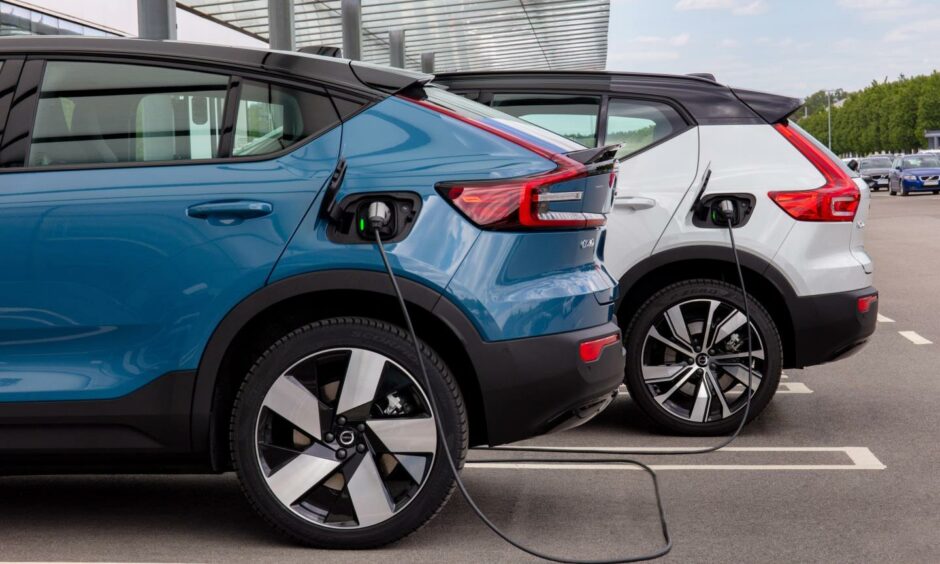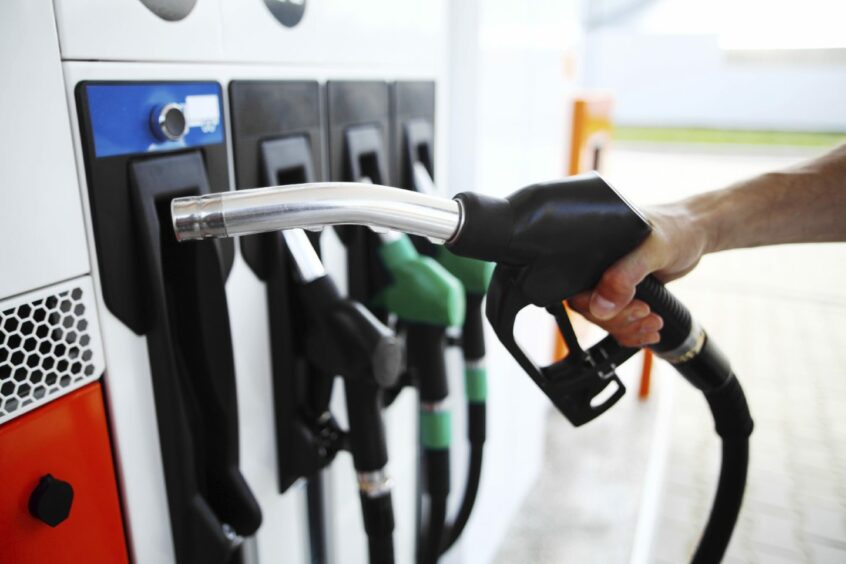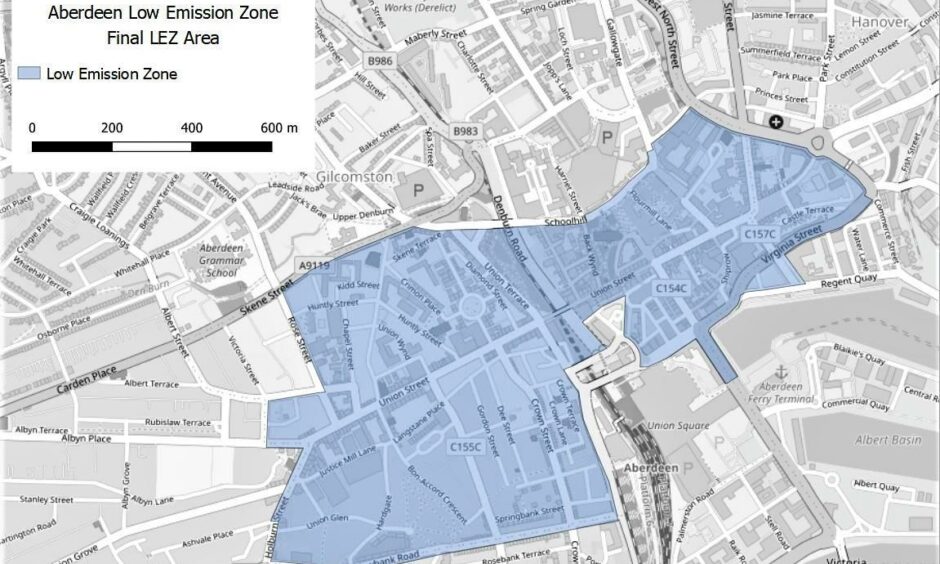With fuel costs recently reaching a high of over £2 per litre for diesel in some parts of the UK, it is hardly surprising that it tops the table of reasons why people are turning to EVs instead.
Research has shown that, along with rising fuel costs, the introduction of Low Emission Zones (LEZs) is having an impact on drivers’ car choices.
Maintenance expense and environmental impact also feature high on the reasons for motorists turning away from internal combustion engine (ICE) vehicles, says a survey by car leasing company Lease Electric Car.

While drivers currently have the choice between petrol, diesel, hybrid and electric models, the ban on new petrol and diesel cars from 2030 will see motorists forced to make the switch to electric.
However, research into the biggest motoring turn offs reveals many drivers are making the switch ahead of the ban.
It is clear the UK has set its sights on the EV market, significantly pushing down the demand for petrol and diesel motors many years ahead of the 2030 ban
A spokesperson from Lease Electric Car said: “There are a number of factors which have contributed to motorists’ avoidance of petrol and diesel vehicles.
“The increase in fuel prices coupled with the increase in the availability has seen a huge surge in demand for both electric and hybrid vehicles.
“Cost of maintenance and environmental impact have also caused motorists to make the switch to electric.
“This is evidenced in the fact we have witnessed a 371% increase in demand for hybrid vehicles since the turn of the year – even in a time of global uncertainty and rising fuel prices.
“It is clear the UK has set its sights on the EV market, significantly pushing down the demand for petrol and diesel motors many years ahead of the 2030 ban.”
Fuel costs
The price of petrol is hitting record highs amid the country’s cost of living crisis, severely impacting many the lives and bank accounts of many people in Britain.
This has been a major factor in causing motorists to turn away from investing in a petrol or diesel vehicle.
Electric vehicles (EVs) are more cost-effective to run and can be charged at home or at local charging stations.
Maintenance
With more moving parts than electric or hybrid options, the amount spent on petrol or diesel car maintenance can quickly add up. With cars, more moving parts and liquids to change often means more room for error and issues.
Components such as spark plugs, the timing belt and the exhaust gas regulator can cost hundreds of pounds to replace and are not used in electric models.
Environment
ICE vehicles burn fossil fuels, releasing carbon dioxide along with pollutants such as nitrogen oxides.
Many eco-aware motorists are steering away from the harmful effect of petrol and diesel vehicles and opting for EVs which produce no carbon dioxide emissions, helping reduce air pollution.
Congestion and LEZ charges
More cities are introducing congestion charges and LEZs for some petrol and diesel cars (depending on age and year of manufacture). EVs are exempt.
In Aberdeen, for example, the recently introduced LEZ will see drivers of non-compliant vehicles facing fines of £60, reduced by 50% if paid within 14 days. A two year grace period is currently in operation until June 2024.



Conversation